Book Reviews!
Mostly book reviews, with the goal of reading/writing 100 in 2018.
I will review other things here from time to time too.
I hope that you enjoy them!
Sharing, suggestions and comments are most welcome!
I will review other things here from time to time too.
I hope that you enjoy them!
Sharing, suggestions and comments are most welcome!
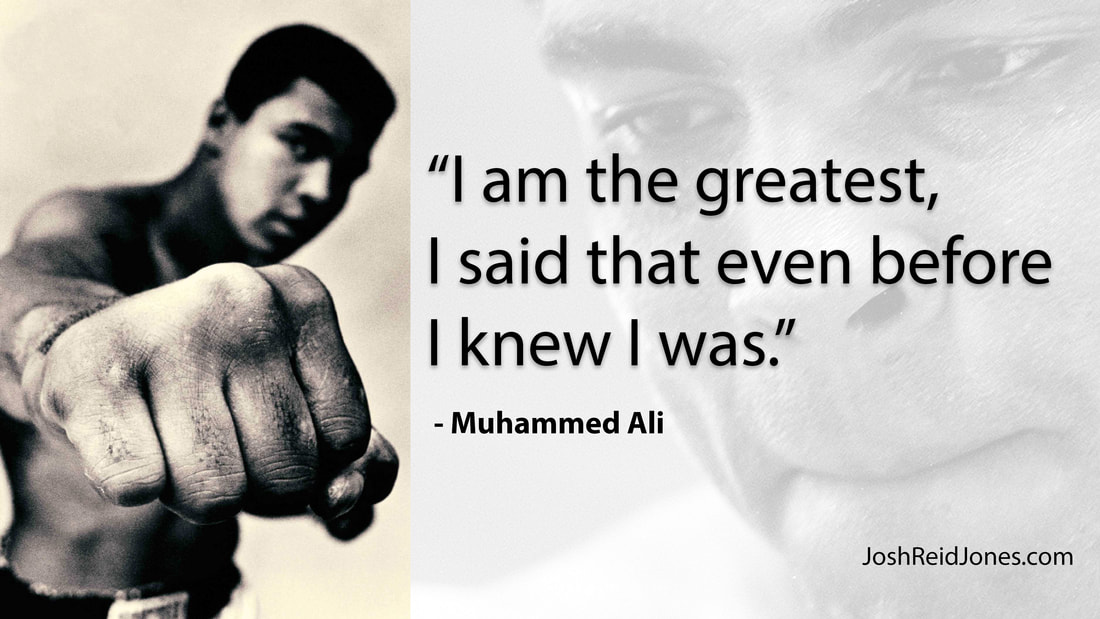
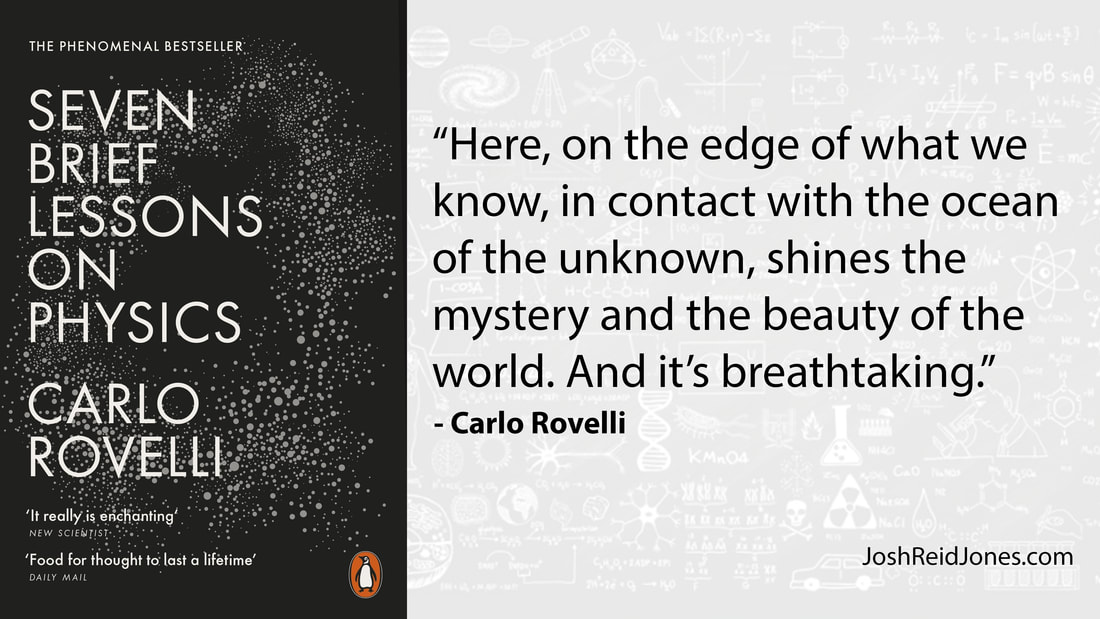
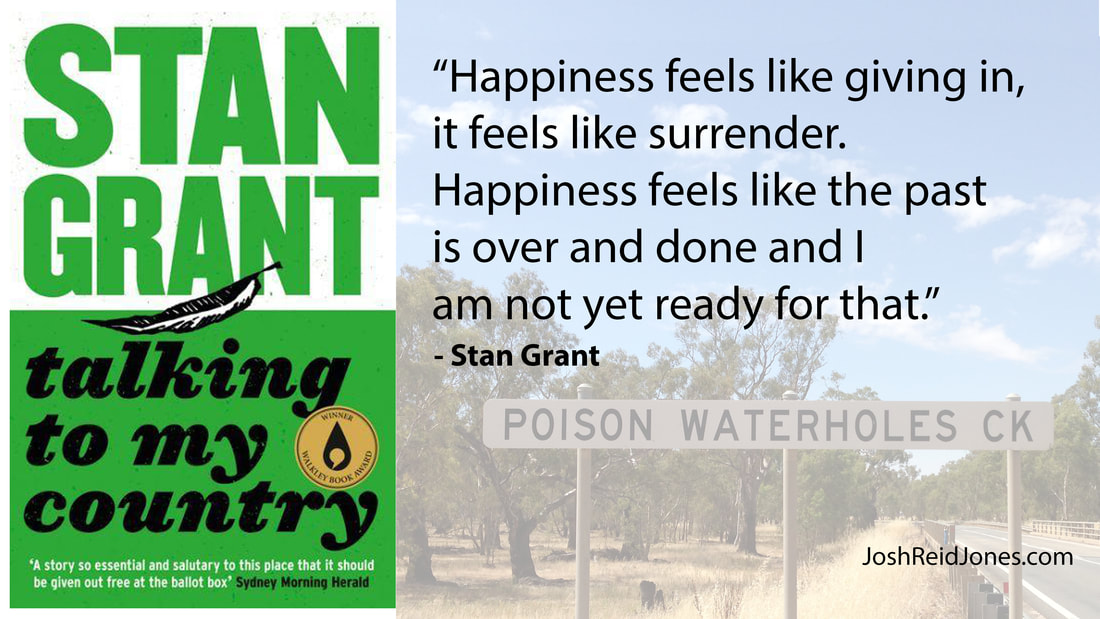
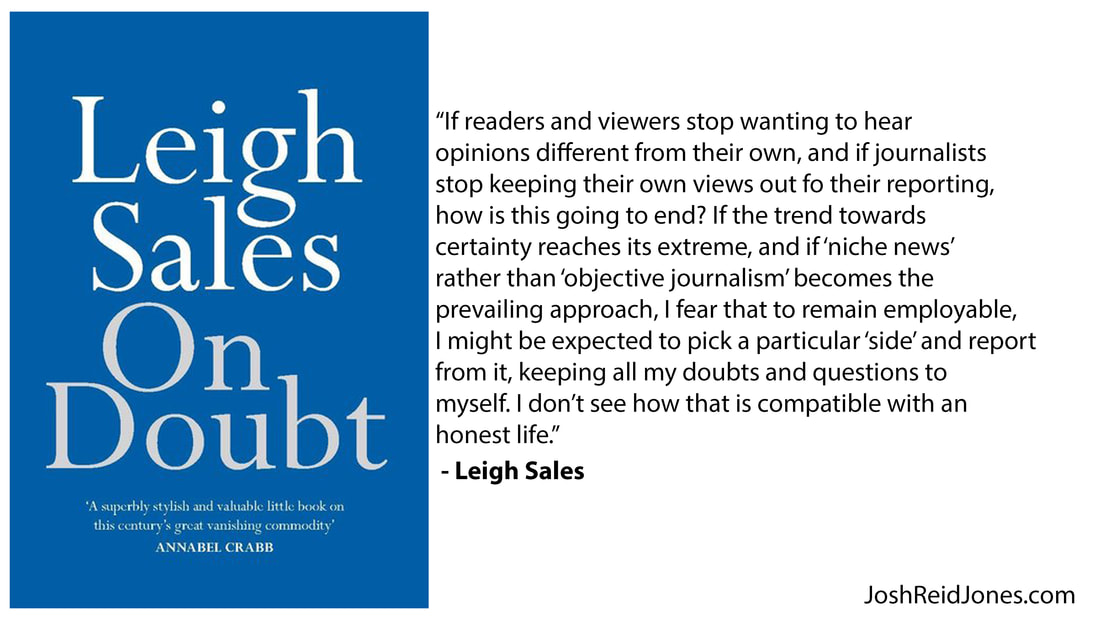
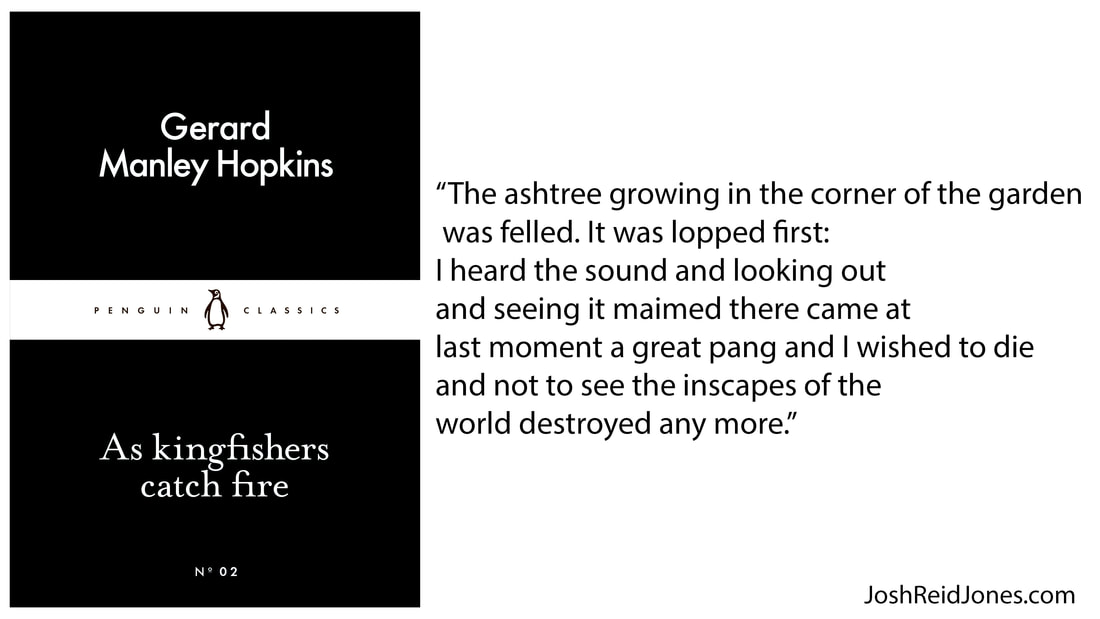
 RSS Feed
RSS Feed